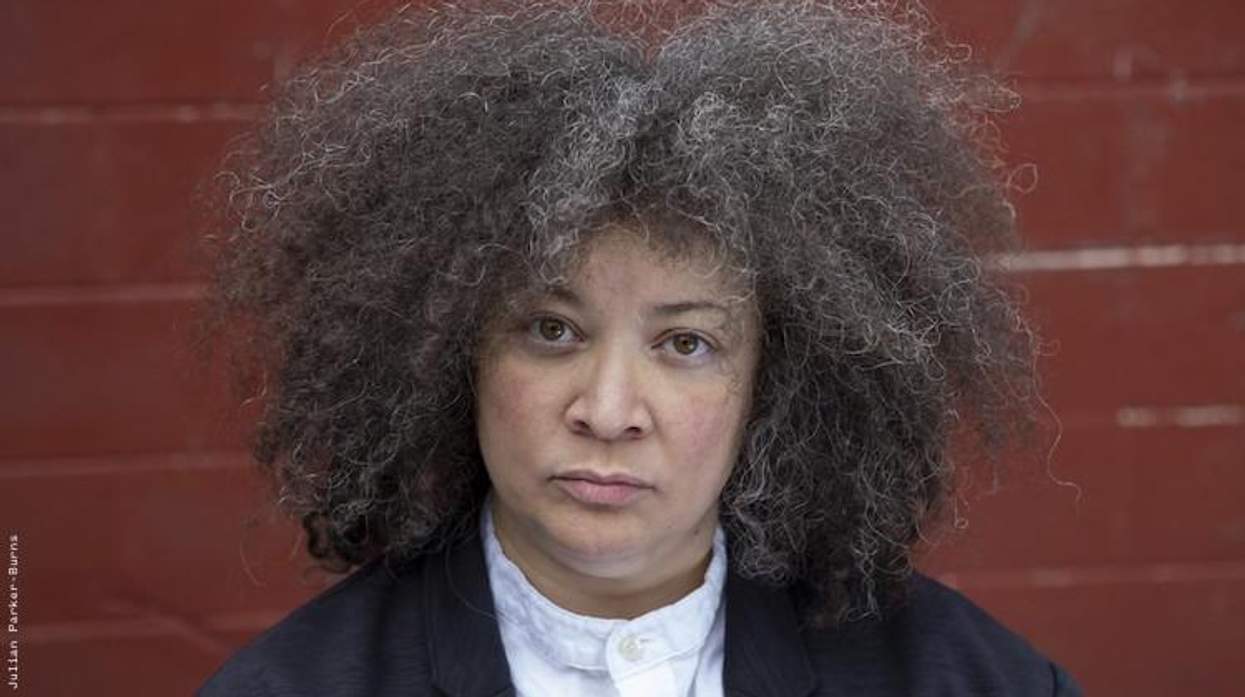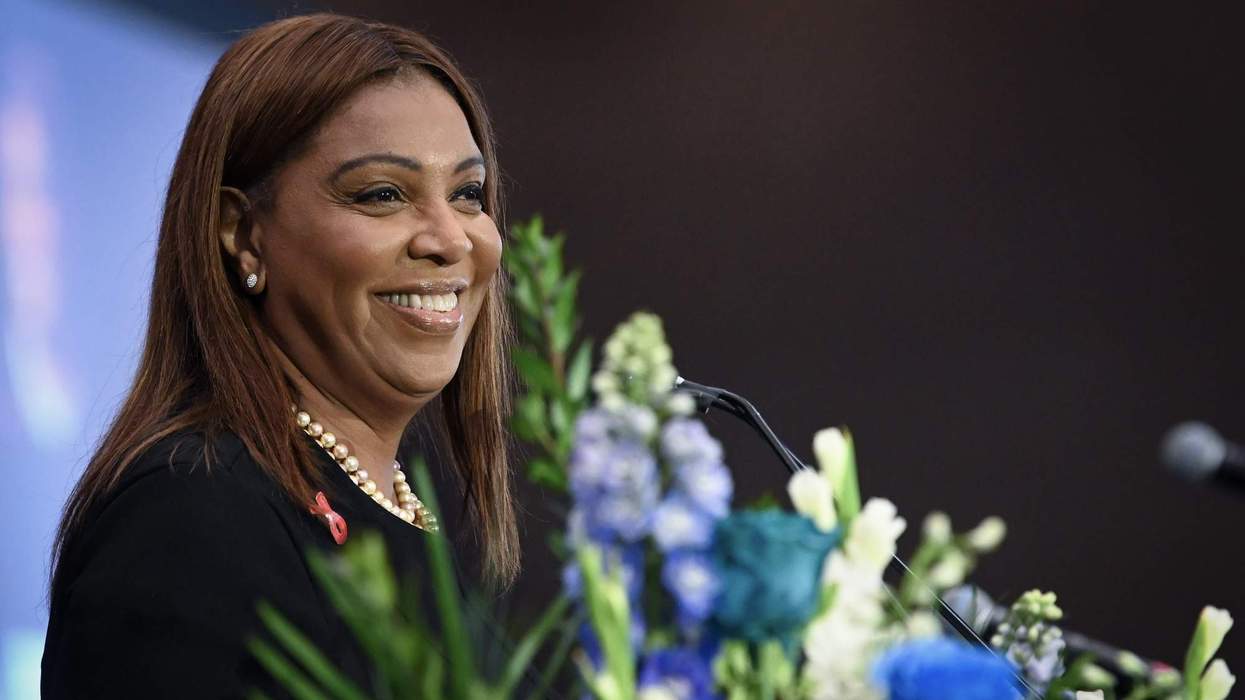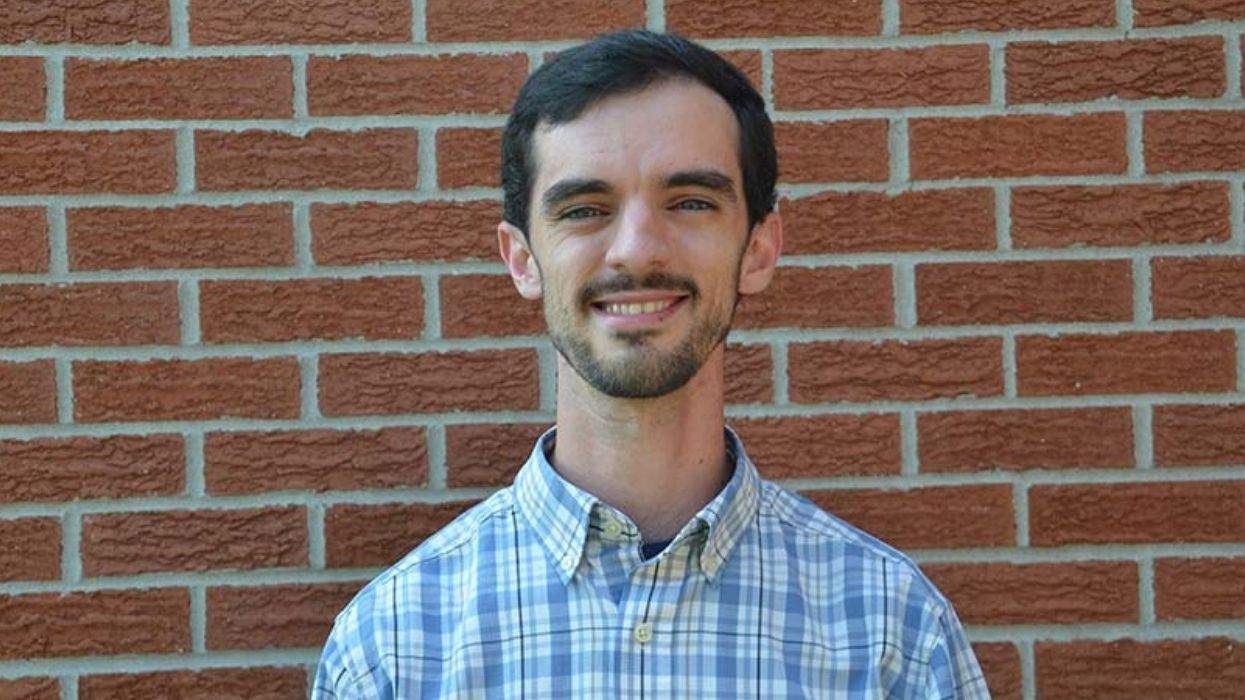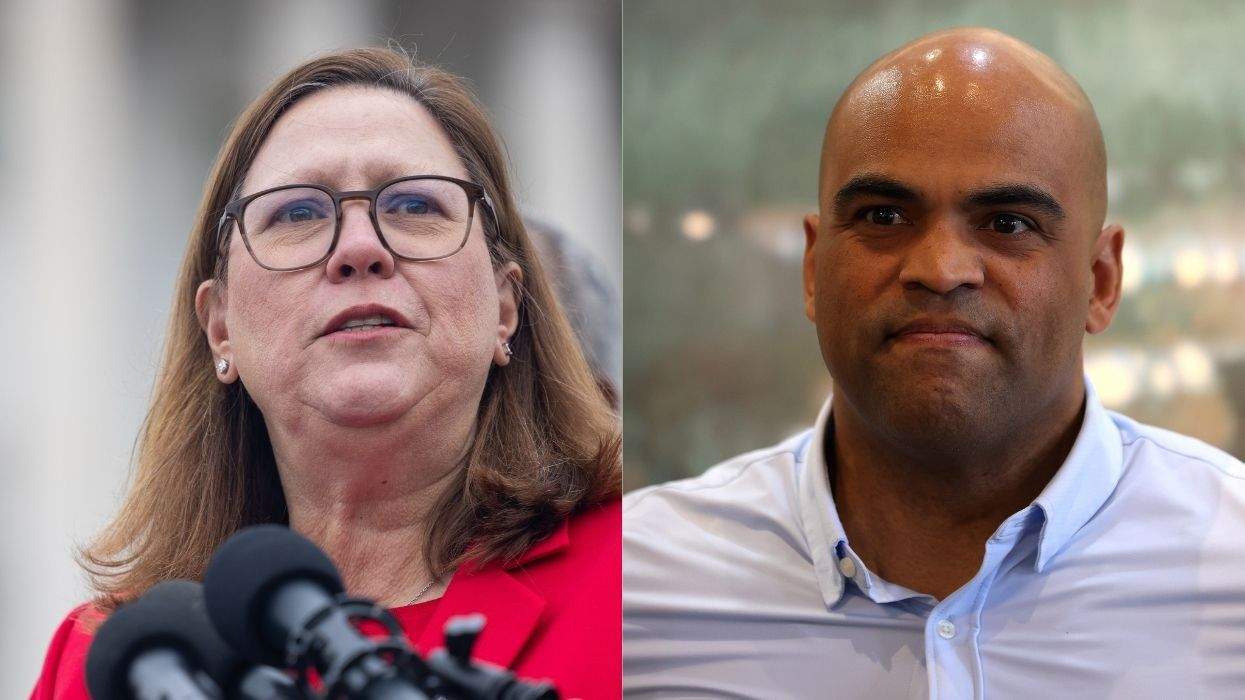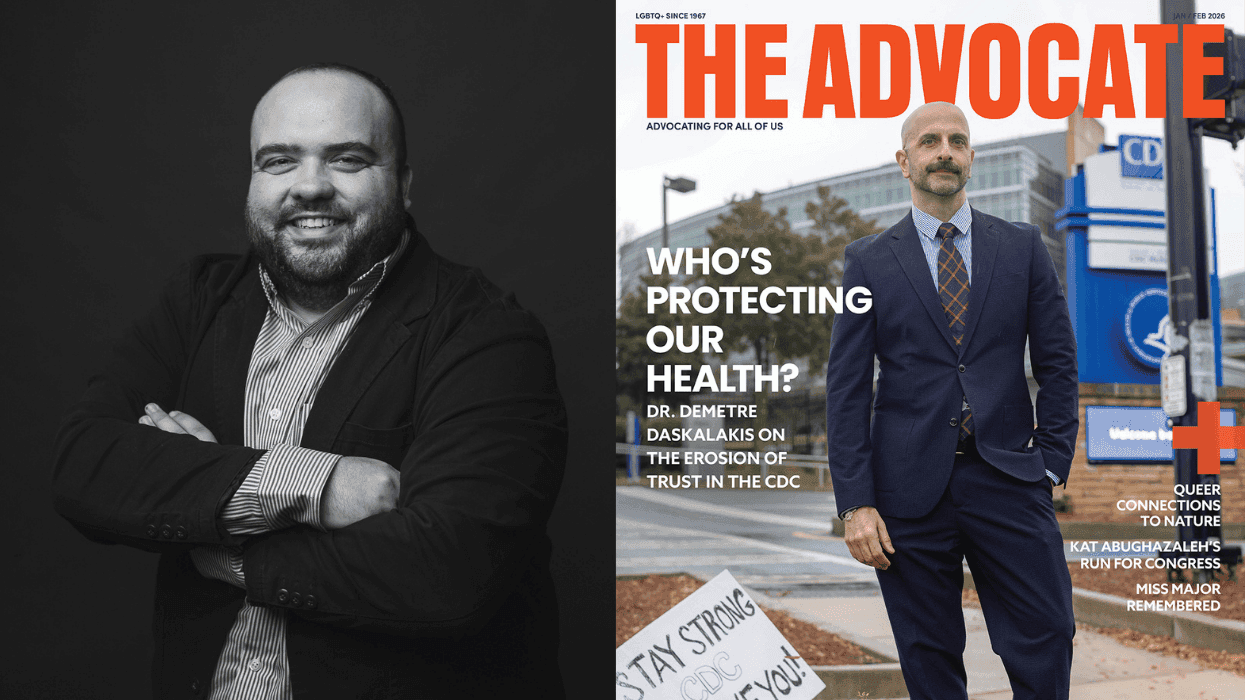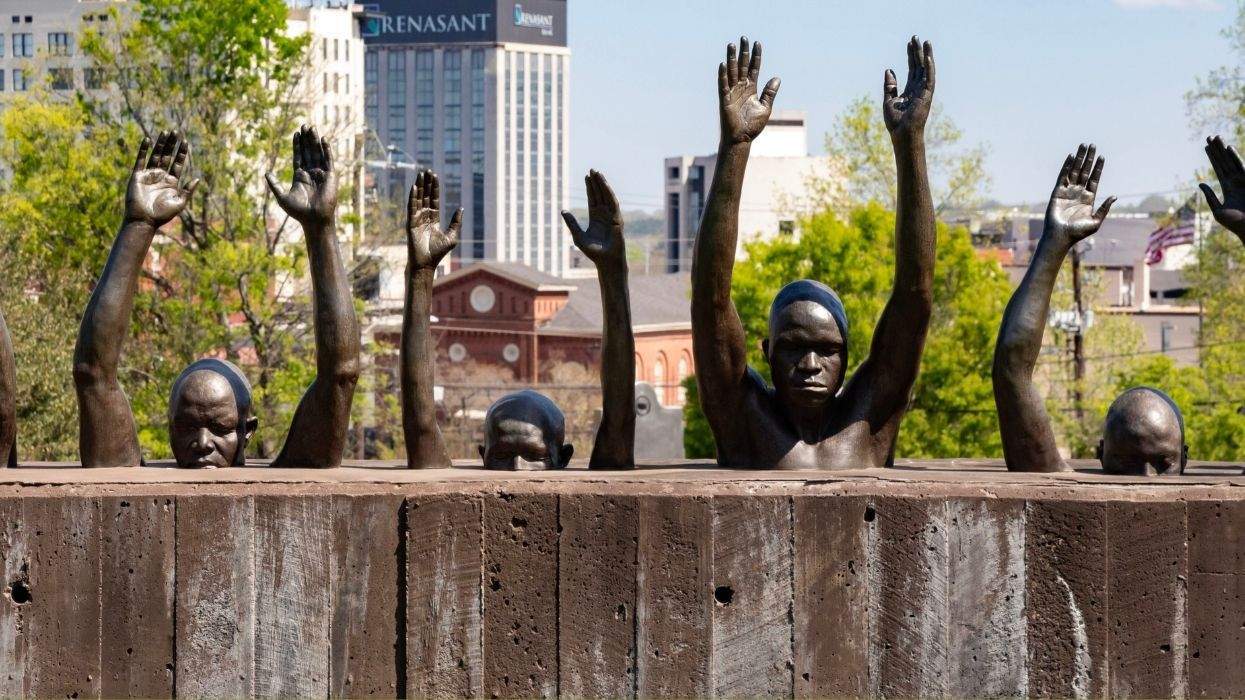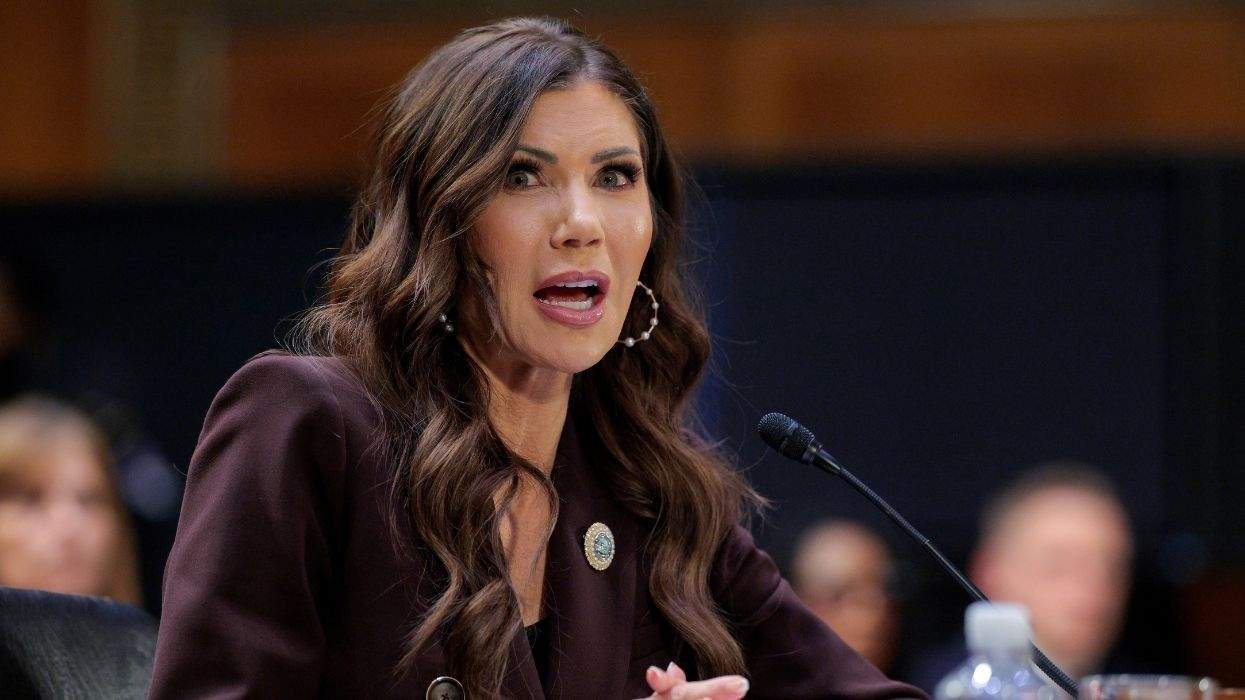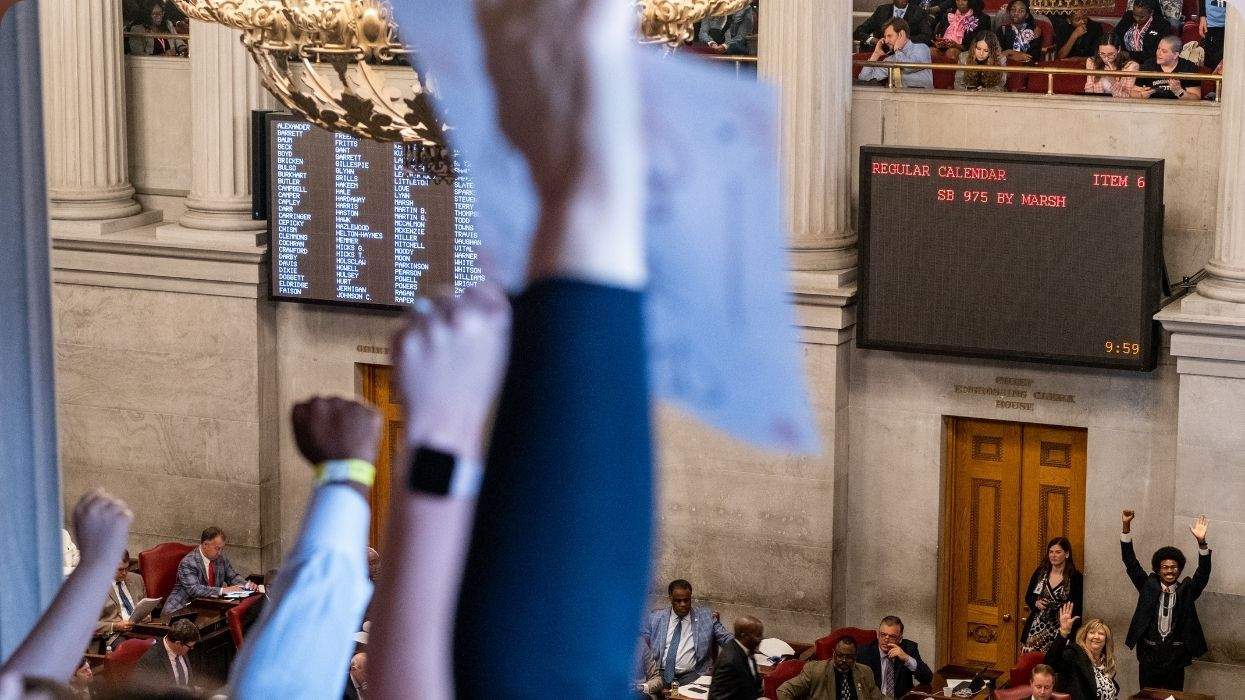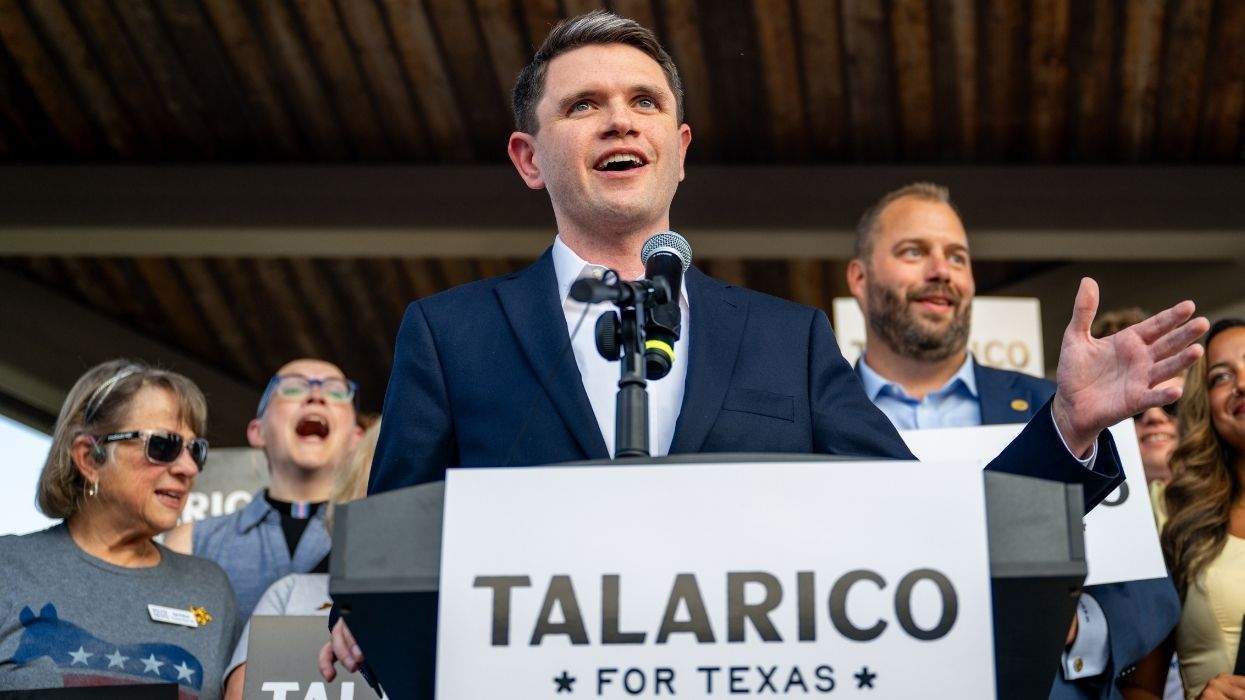After 10 albums and over nearly three decades in music and activism, Pamela Means is still teaching others about sonic rebellion.
Means grew up in Milwaukee, Wis., one of the most racially segregated cities in the country, and was political from an early age. Being both biracial and queer in a city like that, she's been writing and performing protest music for her entire career.
Early in her performing days, a radical, Black, out musician was considered "too much" for a lot of bookers and music critics. Now, more people are looking to hear from a voice like hers. "It's pretty ironic, because I have been political most of my career," she says, "but definitely since Trump took office, there has been more, 'Hey, don't you write the political? Yeah, hey, we need someone, yeah. Can you come in?'"
Especially after the January 6 insurrection and recent protests following George Floyd's murder, Means has started to see other people finally talk about issues like police brutality, systemic racism, and inequality that she's been singing about for decades. "That just means that the world is so much more loudly horrible, that you're noticing that some of us have been vocal about it, and now you want to hear us, but we've been here the whole time," she says. "I'm going to keep doing what I'm doing and I'll speak out now, and I'll come to the rally, and keep putting out these records. I'm glad more people want to listen, but I've been doing it for 20-plus years."
But it's also been refreshing. "I welcome that [awakening]. I hope it's all leading to healing for all of us, and progress," she says. "There's a little bit of movement, I think, and a little hope for further movement. With protests continuing, and discussions about over-policing in the country, and Black Lives Matter, and defunding the police, those things are getting more conversation and attention," she says. "And Biden said, 'All trans people, I've got your back.' Who's ever said that ever in a State of the Union address?"
Still she isn't going to sit idly by now that Trump has been kicked out of office. "I still want more progressivism and radicalism from Biden and his administration, and we need to keep pushing them."
But in a world where live music performances have changed, possibly forever, Means is still finding ways to spread her messages, and lately, that's been through teaching. "I give guitar, bass lessons, music theory lessons. I never expected to until one day a long time ago, someone said, 'Would you give me a guitar lesson?' And I figured out how to do that. And it's helped me keep food in the fridge throughout the pandemic."
More than that, it's helped her recontextualize how she sees music. She remembers before she knew music lingo and technical skills, and now she loves sharing that knowledge with people younger than her. "I get to geek out on that with students," she says.
"I have a lot of young students and a lot of young trans and nonbinary students, and I have some young women and I get to teach them the way I wish that I had been taught. When I studied music, It was just 'do this just because,' with no explanation," she says.
"But I get to tell a 14-year-old bass player, learn your scales and do this, because that's where the music is. And you can play any song you would ever want to play if you understand this. And I didn't figure that out until much later the way it was explained to me. So that's very satisfying."
She also makes sure that both she, and her students, learn about the history of music.
"I like knowing where it comes from, and who inspired who, and what they studied, and how did they do that?" She says knowing your history is the best way to move toward the future.
"When I started to do jazz, I was wondering how or if to incorporate any of my political self into it," she says, "But I learned jazz is the first genre to racially integrate the stage. And I learned that dozens of performers back in the '30s, '40s, '50s lost their licenses because they played the song 'Strange Fruit' and they refused to stop playing 'Strange Fruit.' I find that incredible and inspiring."
She found it so inspiring that she started to perform the song herself, even if trying to step into Billie Holiday's shoes was a little intimidating. But once she started performing it, she never regretted it once. "I feel proud to be in a lineage of outspokenness and standing up for justice," she says.
Now, Means is helping her students to be a part of that lineage as well. She teaches them to be "informed, to be a sponge, to be open to growing and changing one's opinion when you learn new information, to be strident, to be vigilant."
But mostly, she wants to teach them to be themselves, and to "be okay being vulnerable, and not being afraid to just write and say what you have to say first, edit it later. Get it out there onto the page, and onto the stage."
